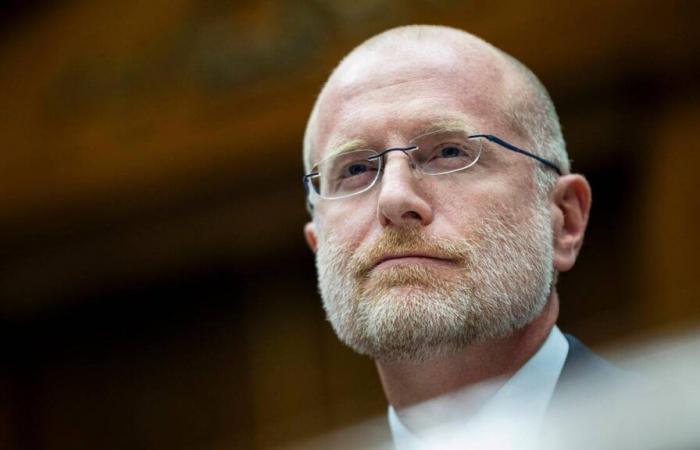
An American appeals court on Thursday abolished the principle of “net neutrality”, which guarantees equal access to the internet and is defended by large digital platforms as well as by numerous NGOs. The three judges of this federal court decided that the American telecommunications agency (FCC) did not have the necessary authority to impose this principle on the industry.
Net neutrality means that internet service providers (ISPs) do not have the right to modulate internet speeds based on content. In its absence, telecoms can therefore slow down or censor certain websites, and favor other services. This principle has been the subject of heated debate for two decades. Republican Donald Trump abolished it during his first term, but the FCC reinstated it in April with three votes (Democrats) to two (Republicans), to reinstate the regulations adopted under Democrat Barack Obama in 2015.
An opponent of net neutrality soon to head the FCC
“Every consumer deserves fast, open, and fair access to the internet,” FCC Chairman Jessica Rosenworcel said at the time, adding that this principle “ensures that you can go where you want and do what you want online without your broadband provider does not make choices for you. Donald Trump, who will return to the White House on January 20, has nominated Brendan Carr as future chairman of the FCC, an opponent of net neutrality. He believes that it leads to considering telecoms as public services, which would then invest less in ultra-fast internet networks.
But according to the NGO Free Press, “treating broadband as a public service does not at all slow down or deter private investment in this crucial infrastructure”. Matt Wood, vice president for public policy at the association, called the court’s decision “disappointing” and “wrong on every level.”
The door open to unscrupulous business practices
In an online reaction, he noted that Donald Trump would thus be able to “abdicate his responsibility to protect Internet users from unscrupulous business practices.” “It’s astonishing to see the FCC chairman chosen by Donald Trump and Elon Musk call light-touch broadband rules heavy-handed regulation, while working to force pro-Trump views onto the airwaves and social networks in the country,” he added.
He promised to continue fighting, as did several Democratic figures. American states such as California and Colorado have adopted their own laws guaranteeing net neutrality.





